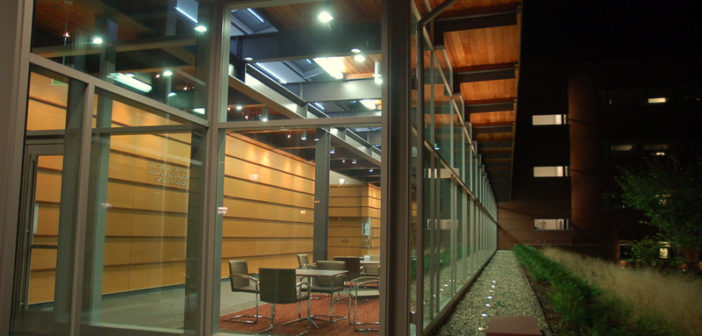Brief is better.
Tania Lombrozo, a professor of psychology at Princeton University, emphasized that humans tend to favor short explanations when learning about new concepts in her lecture “Explanation: The Good, The Bad and The Beautiful” on Sept. 23 in STEPS.
“In my research, we find evidence that explanations are considered more favorable or beautiful if they are simple, and broad in scope,” Lombrozo said.
She said this information is especially useful in learning tasks. While studying, Lombrozo encouraged students to ask themselves why is this the case? She said asking questions and concisely explaining the material to oneself can be an effective learning strategy.
Rachel Kulakofsky, ’21, attended the talk and took an interest in Lombrozo’s experiments.
Among other takeaways, Kulakofsky said the lecture made her realize that the way questions are asked affects outcomes and responses. More specifically, she said after attending the talk, she sees the distinction between describing and explaining more clearly.
Kulakofsky said she attended the event to fulfill a promise she made to herself before the semester started — broaden her Lehigh experience by attending talks, like Lombrozo’s, that feature fascinating speakers with niche areas of expertise.
“I believe that Lehigh has a lot to offer that a lot of students don’t take advantage of, and I think that the fact that they bring in really cool speakers from all over the world to give these lectures is really cool,” Kulakofsky said.
Lombrozo’s research began when she was an undergraduate student and took an interest in explanations. She said she realized just how frequently explanations came up in her studies of psychology, philosophy, and sociology. She then set out to learn more about the psychology of science explanations. Through her research, she has learned a great deal about how explanations shape the human experience.
“I think one thing that explanations seem to do in particular is give us an understanding of the world,” Lombrozo said.
Barbara Malt, the director of Lehigh’s cognitive science program, said the primary goal of lectures like Lombrozo’s is to provide students with the opportunity to broaden and diversify their education.
“We bring in speakers that faculty are interested in, but we try to choose ones whose topics are broad enough and accessible enough that students will also find it interesting,” Malt said.
Malt organized Lombrozo’s lecture and said the psychology department generally invites several speakers a semester to give lectures on relevant topics. Before they even met in person, Malt co-wrote a book with Lombrozo titled “Integrating the Mind: Domain General Versus Domain Specific Processes in Higher Cognition.”
Malt said talks like Lombrozo’s are important to the campus community because they encourage dialogue between students and faculty across various fields of study.
“They bring a lot of new ideas to campus and also bring people together from disciplines,” Malt said. “I think we get a lot of good conversations going from people who don’t always normally get in a room and talk.”






Comment policy
Comments posted to The Brown and White website are reviewed by a moderator before being approved. Incendiary speech or harassing language, including comments targeted at individuals, may be deemed unacceptable and not published. Spam and other soliciting will also be declined.
The Brown and White also reserves the right to not publish entirely anonymous comments.